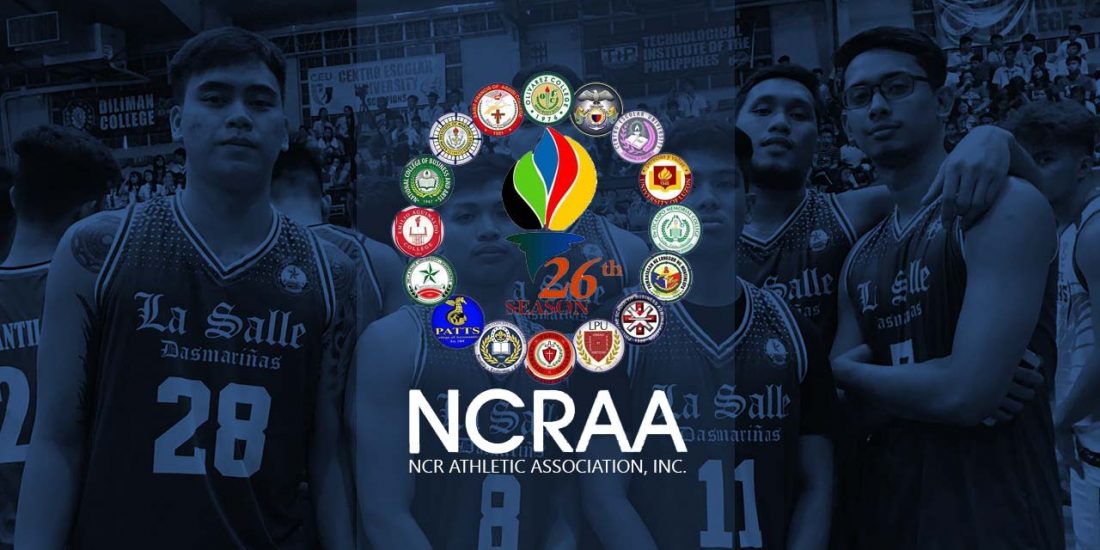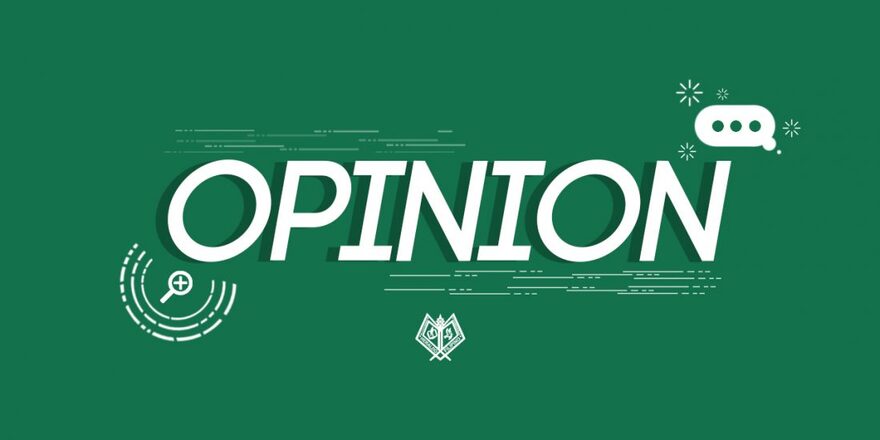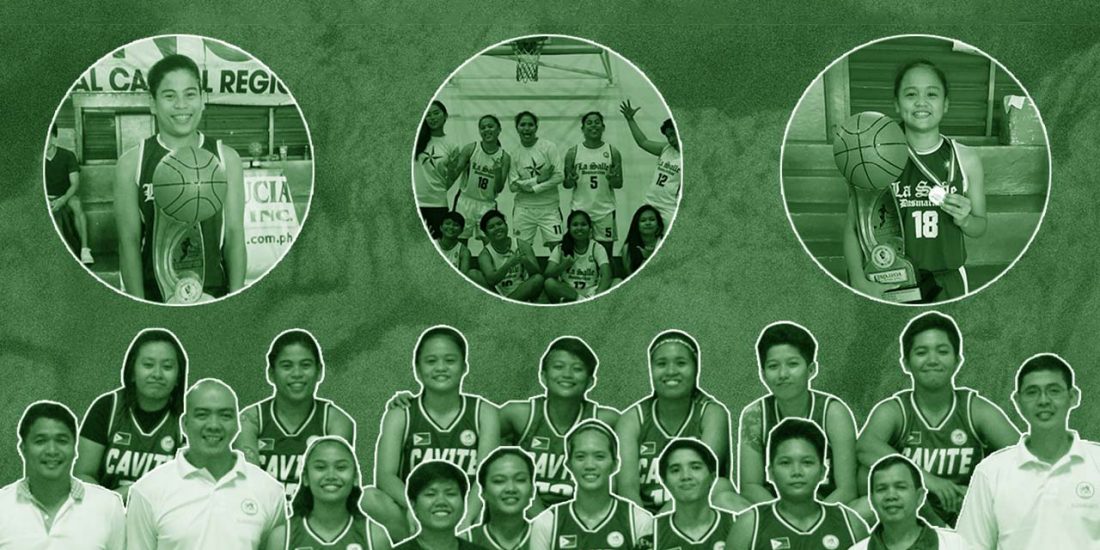ON FIBA: The Gilas Pilipinas scuffle
Last Monday, July 2 at the Philippine Arena in Bulacan, with four minutes left in the third quarter of the eliminations game of the FIBA World Cup Qualifiers, the Australian Boomers had a 31-point lead over the Gilas Pilipinas with the scores of 79 over 48. During the game, the Philippine team portrayed their macho mentality when our players aggressively exchanged punches and flying kicks with the Australians inside the court—a double loss if you ask me. While the players were fighting off each other, some Gilas fans joined in on the scuffle—one even threw a chair to an Australian player. Gilas head coach Vincent “Chot” Reyes said that the conflict stemmed from of trash talks between the two teams during warm-up. After the brawl, the Gilas Pilipinas members took a groufie, as if it was something to celebrate.
The sports journalist blood in me boils over what I would like to term as the second coming of the “Malice at the Palace”— and as a former athlete, I have my own punches and flying kicks on the fiasco.
Being a fan does not only end in praising your idols; it also leaves the responsibility of knowing when they deserve to be applauded or corrected. The Filipino sports community was torn, arguing that our Gilas players were only defending themselves from the “bullying” of Australians. They forgot one thing: the game was not just an inter-barangay laro but a professional sports league strictly guided by rules, principles, and ethics. In every league, sportsmanship does not draw its limits to the athletes but also extends it to their fans— followed in and out of the arena.
They’re not just naive boys playing basketball on street courts but men whose jerseys are donned with the Philippine flag, bearing the entire country on their shoulders.
On the other hand, Gilas Pilipinas needs to remember that representing our country is both a privilege and an honor. The responsibility should have calibrated their minds before resorting to their emotions. They’re not just naive boys playing basketball on street courts but men whose jerseys are donned with the Philippine flag, bearing the entire country on their shoulders. Through the years, #Puso had taken them too far off the hook, but the real secret is to work smart, not hard and aggressively. The first thing that should be in mind was that they are not players alone, but professionals. Before clamoring for #Puso, we should first consider #Isip. The heated moment wasn’t the time to add fuel to the fire.
Resorting to logic is still the right and rational decision
Considering that the Philippines is the host for this year’s FIBA World Cup Qualifiers, the brawl should not be tolerated by anyone, especially by our countrymen. Such acts will not only reflect the team, but also Filipinos themselves. Backing up a teammate isn’t an excuse for neglecting sportsmanship; for one of the very ideas of Terrence Romeo’s statement of ”magkaka teammate sa loob kailangan namin magtulungan” and preventing the possible worst-case scenarios is sportsmanship itself. These players represent our country, culture, and values. In an internationally televised game, it is a shame to display this debased behavior. Rather than submitting to their socially constructed masculinity, athletes should be more of role models who are disciplined and principled. Both teams displayed disgusting actions in the heat of the moment—and somehow even before. As two sets of grown men, resorting to logic is still the right and rational decision.
You don’t defend your homecourt by igniting a brawl, you defend it by winning the game.
Sports is not a war where people are sent to fight to the death. A sport like basketball requires physicality, but it’s not an excuse to disregard the vital fact why sports exists—to unite humanity through competition in an attempt to develop camaraderie. Our sense of #Puso on Gilas Pilipinas isn’t beating our opponents through punches or flying kicks, it’s with beating them fair and square together with the fans—the so-called “sixth man”. We all love our homecourt, our Inang Bayan. But in basketball, you don’t defend your homecourt by igniting a brawl, you defend it by winning the game.





